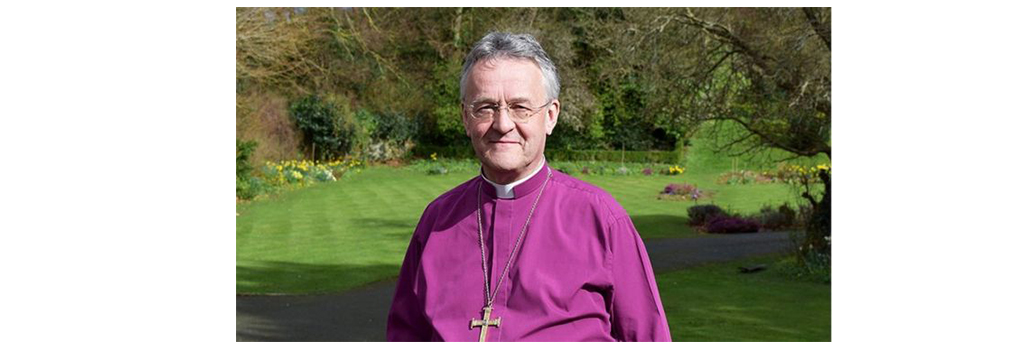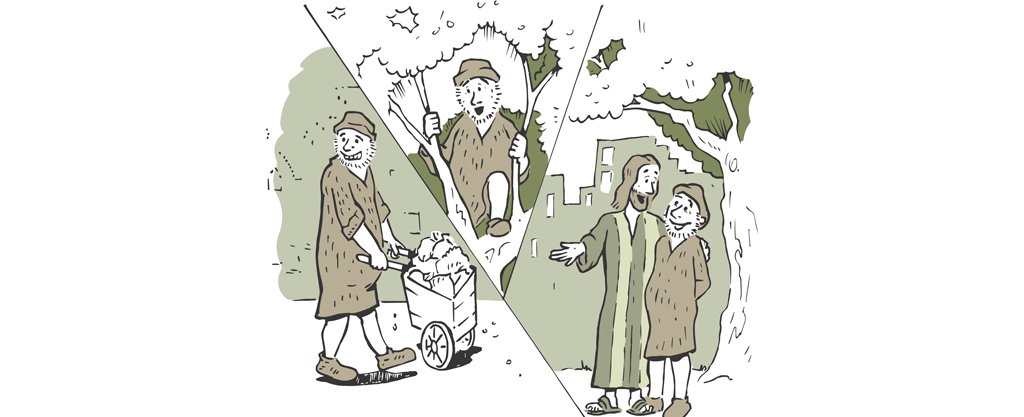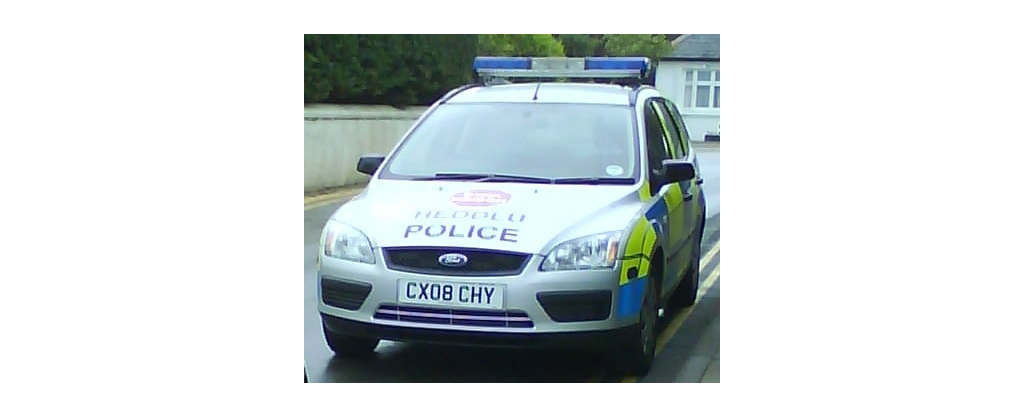|
THE EXPERIENCE OF A PRISONER, A SOLICITOR WHO IS NOW AN ARCHBISHOP, AND A FORMER POLICEMAN TURNED MINISTER |
|
Catrin Roberts spoke to the three, starting with theReverend Nan Powell-Davies |

|
||
|
CR: Nan, you worked as a Prison Chaplain for some years as part of your ministry.
|

|
|
CR: What was your work pattern like?
|

|
|
CR: So, faith could play a role in the lives of the criminals. NPD: When arriving in prison, every offender is asked the question, "Do you have faith?" and if so, what religion. The most common answer was - no faith, but the chaplains are there to help everyone, faith or not! That is what the sacred writings of the various religions teach - the need to help others. There was a part-time Muslim chaplain there, and sessional chaplains would come on behalf of the Jehovah's Witnesses, Buddhists, Sikhs, Pagans, Hindus, and Jews. I used to lead Bible studies at night, especially with the vulnerable, who were kept separate from everyone else for different reasons. |

|
|
|
|
CR: Did you see that the work of Chaplains helped prisoners? NPD: The company of a chaplain certainly helped as they faced crisis and depression, and the experience of losing their liberty. I saw many men coming to believe in Jesus Christ. One of them, Tony Riley, used to sell drugs on a large scale, and was a member of a gang in Liverpool. He used to say that his mother was so worried about him that she started losing her hair! But Tony changed - he left prison last time around 7 years ago, and is now a drug counsellor at Anfield, and a very active member of a local Church. So, people can change! Witnessing the experience, Tony says, “When I came in and out of prison, I used to say, 'I came in with nothing, and I went out with nothing.' Last time, I could say, 'I came out with nothing, but I'm going out with Jesus in my heart!' |

|
|
|
|
|
THE MOST REVERAND JOHN DAVIES, ARCHBISHOP OF WALES |

|
|
|

|
|
|
Ian Sims, Minister |

|
|
|

|
|
|
|
So, there we are - three recounting their experience of putting their faith into practice in the context of law, crime and punishment. |


